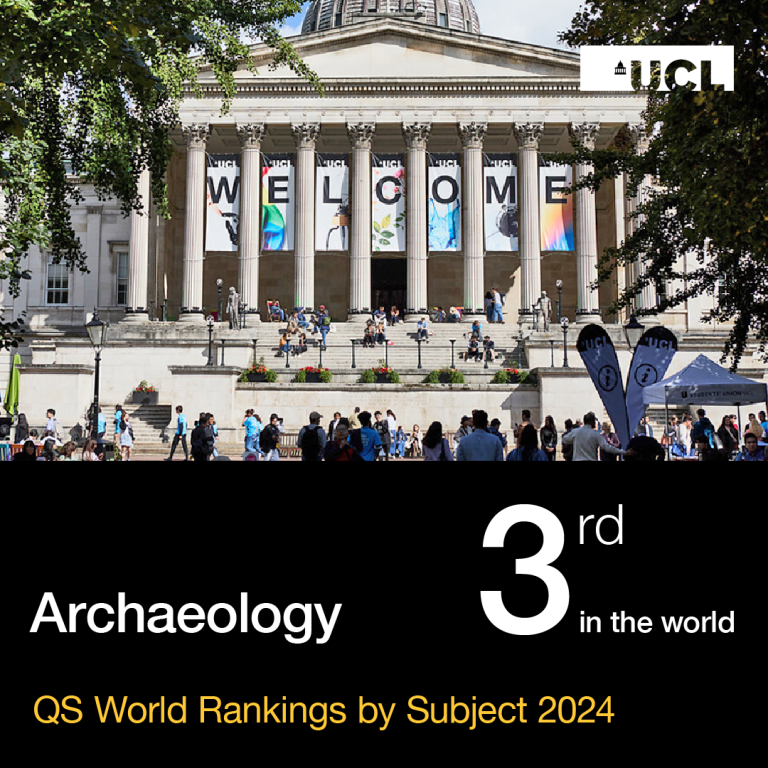This module provides a broad comparative overview of the archaeological understanding of different parts of Asia, especially China, India, central Asia, to some extent southeast Asia.
Themes will include climate change, the late Palaeolithic and arrival of modern humans, the "Neolithic revolution" and models linking historical linguistics and archaeology, the origins of urbanism and complex societies, climate change and adaptation, trans-Asian trade (the 'Silk Road'), and the relevance of early written traditions on archaeological interpretations. The module will draw on a team of lecturers to provide juxtaposition and comparisons between South, East and Central Asia. Students also contribute by preparing shorter presentations for a student-led discussion in the second half of term.
Aims of the module
To develop knowledge of past human societies and their development, especially as regards Asia, including the basis chronological frameworks applied in different parts of Asian, including:
- Environmental constraints on cultural development
- Differing trajectories to agriculture
- Differing trajectories to complex societies
- Regional traditions of research on 'early civilizations' and regional cultural heritage
Objectives
Through this knowledge students will also develop an understanding of:
- Archaeological methods and theories.
- The nature of archaeological analysis and interpretation.
- The diverse nature of archaeological data and argumentation, often through the study of the culture history of specific regions or periods.
- The modern social and political context of archaeological heritage.
- The role of scientific methods and theories as applied in archaeology.
Learning Outcomes
To develop knowledge and understanding of:
- Past human societies and their development, including the basis chronological frameworks applied in different parts of Asia.
- Archaeological methods and theories.
- The nature of archaeological analysis and interpretation.
- The diverse nature of archaeological data and argumentation, often through the study of the culture history of specific regions or periods.
- The modern social and political context of archaeological heritage.
- The role of scientific methods and theories as applied in archaeology.
Teaching Methods
The module consists of 10 x 2-hour sessions. It is taught by a mixture of lectures by the instructor(s) and seminar discussions, with presentations by students. Seminar presentations and power-points by students are required in one week and constitute one of the assessments.
Module information
- Code: ARCL0152
- Credits: 15
- Coordinator: Yijie Zhuang
- Prerequisite: None
- Handbook: open»
For registered students
- Reading list: open»
Availability
- Running in 2023-24
 Close
Close


